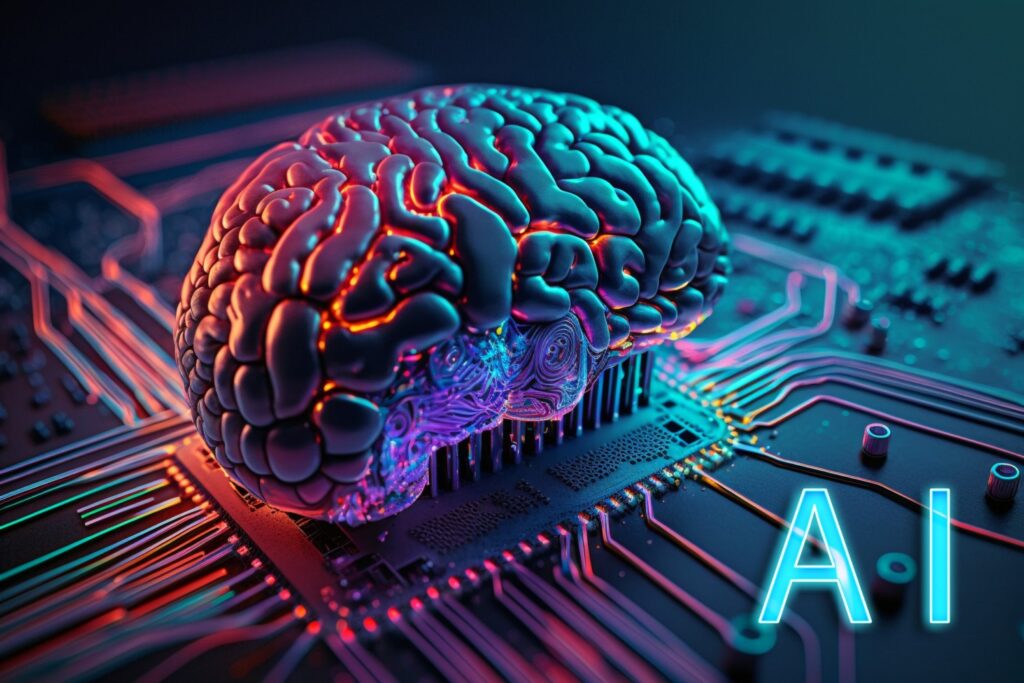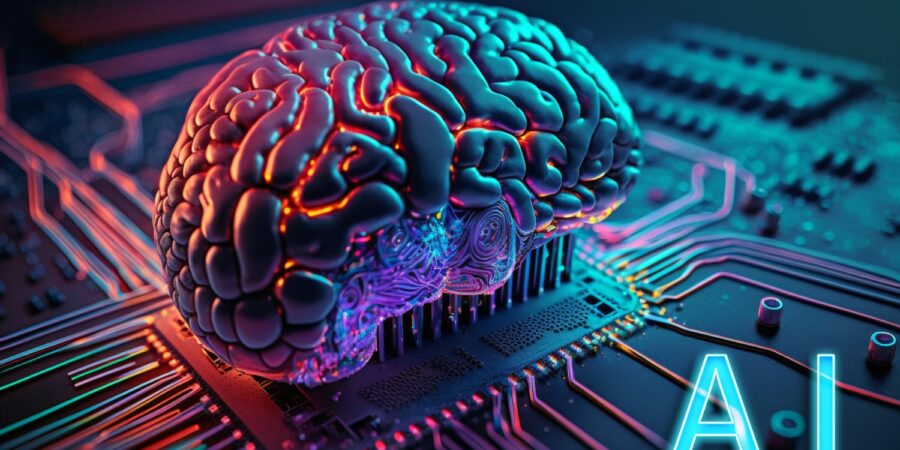Artificial Intelligence (AI) has rapidly evolved from a futuristic concept to an integral part of our daily lives. From virtual assistants like Siri and Alexa to advanced machine learning algorithms driving innovations in healthcare, finance, and beyond, AI is reshaping the way we live, work, and interact with technology.

What is AI?
At its core, AI refers to the simulation of human intelligence in machines that are programmed to think and learn like humans. These systems can perform tasks that typically require human intelligence, such as visual perception, speech recognition, decision-making, and language translation.
Key Areas of AI
- Machine Learning (ML): A subset of AI, ML involves the development of algorithms that allow computers to learn from and make predictions based on data. It’s widely used in applications like recommendation systems, fraud detection, and autonomous vehicles.
- Natural Language Processing (NLP): This area focuses on the interaction between computers and humans through natural language. NLP enables machines to understand, interpret, and respond to human language in a valuable way. Examples include chatbots and language translation services.
- Computer Vision: This field enables machines to interpret and make decisions based on visual data from the world. It’s used in facial recognition, medical image analysis, and autonomous driving.
Applications of AI
- Healthcare: AI is revolutionizing healthcare by providing tools for early diagnosis, personalized treatment plans, and efficient management of patient data. AI-powered systems can analyze medical images, predict disease outbreaks, and even assist in surgeries.
- Finance: In the financial sector, AI is used for algorithmic trading, risk management, fraud detection, and personalized banking services. AI algorithms can analyze vast amounts of data to identify trends and make informed decisions.
- Entertainment: AI enhances user experiences in entertainment through personalized content recommendations, realistic video game characters, and even AI-generated music and art.
Ethical Considerations
As AI continues to advance, it raises important ethical questions. Issues such as data privacy, job displacement, and the potential for biased algorithms need to be addressed. Ensuring that AI is developed and used responsibly is crucial for maximizing its benefits while minimizing potential harms.
The Future of AI
The future of AI holds immense potential. With ongoing research and development, AI is expected to become even more integrated into our lives, driving innovations in areas like smart cities, climate change mitigation, and space exploration. The key to harnessing AI’s full potential lies in balancing technological advancements with ethical considerations and societal needs.





Leave a Reply